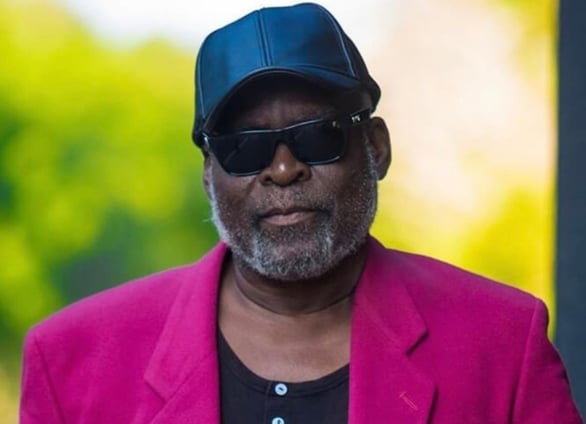Kofi Adjorlolo, a revered figure in the Ghanaian film industry with decades of experience, has revealed his surprising financial struggles, debunking circulating rumors of his substantial wealth. In a candid interview on Adom FM, the 70-year-old actor emphatically denied media reports claiming his net worth exceeds GH₵8 million, labeling them as not only false but also detrimental to his personal and professional life. He expressed his frustration over the misleading reports, highlighting how they have deterred potential benefactors who were genuinely interested in offering him support. This misconception of his financial status has left him without a personal vehicle, a stark contrast to the image of affluence projected by the media.
Adjorlolo’s revelation sheds light on the precarious financial reality faced by many veteran actors in Ghana, despite their long and illustrious careers. He lamented the current state of the Ghanaian film industry, where earnings are often insufficient to sustain a comfortable lifestyle, let alone accumulate significant wealth. This situation is exacerbated by the rising cost of living, making it difficult for actors, even those with extensive experience like Adjorlolo, to afford basic necessities like a car. He clarified that while he owned cars in the past, the current economic climate and the dwindling fortunes of the film industry have made it impossible for him to replace his previous vehicle.
Adding a touch of irony to his predicament, Adjorlolo shared that he is now reliant on the generosity of a friend, Kojo Atta, known as “Ability,” who has promised to gift him a car. This gesture, while appreciated, underscores the financial vulnerability of veteran actors who have dedicated their lives to the entertainment industry. Adjorlolo’s story serves as a sobering reminder of the gap between public perception and the often harsh realities faced by those in the spotlight.
The actor’s plight exposes a systemic issue within the Ghanaian film industry – the lack of adequate financial security for its veteran members. It raises questions about the industry’s support systems for aging actors and the need for sustainable mechanisms to ensure their well-being after years of service. Adjorlolo’s situation is a stark illustration of how the industry’s current structure often fails to adequately compensate its contributors, leaving many veteran actors struggling to maintain a decent standard of living.
The media’s role in perpetuating misinformation about Adjorlolo’s financial status also comes under scrutiny. The inaccurate reports, while seemingly harmless, have had tangible negative consequences, preventing him from receiving much-needed assistance. This incident highlights the importance of responsible journalism and the need for media outlets to verify information before disseminating it, particularly when it pertains to an individual’s personal circumstances.
In essence, Kofi Adjorlolo’s story is a powerful testament to the challenges faced by veteran actors in Ghana. It underscores the need for industry reforms, improved financial security for actors, and responsible media reporting. His situation serves as a wake-up call, urging stakeholders to address the systemic issues that leave experienced and dedicated artists vulnerable and struggling to make ends meet. His openness about his financial struggles has brought to light a larger conversation about the sustainability of the Ghanaian film industry and its responsibility to its veteran members.


